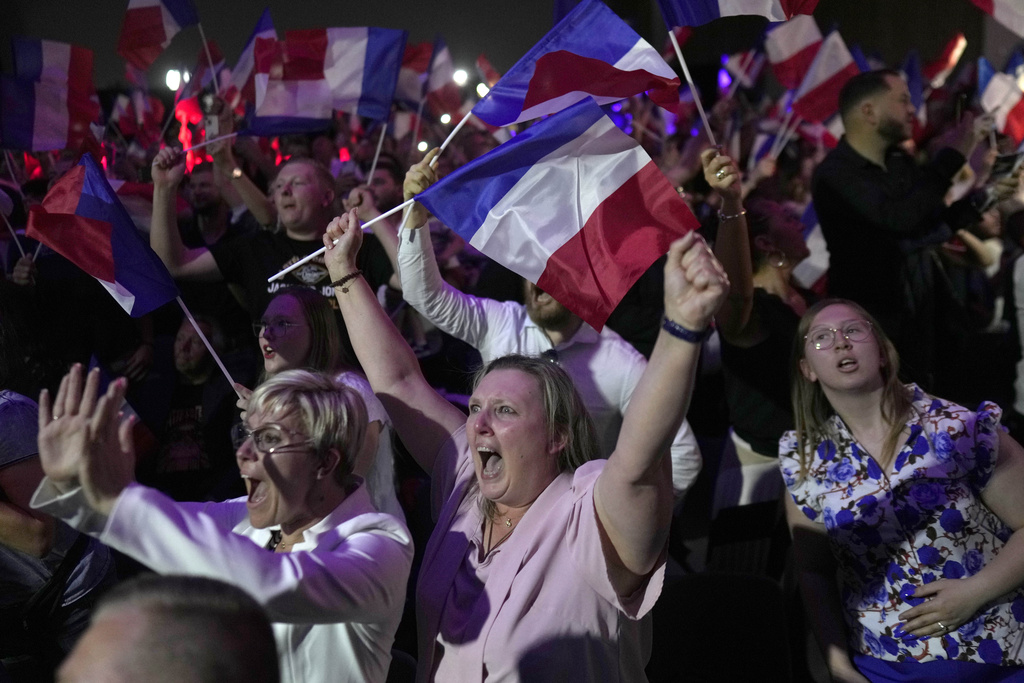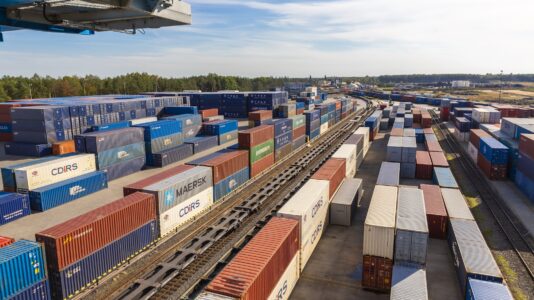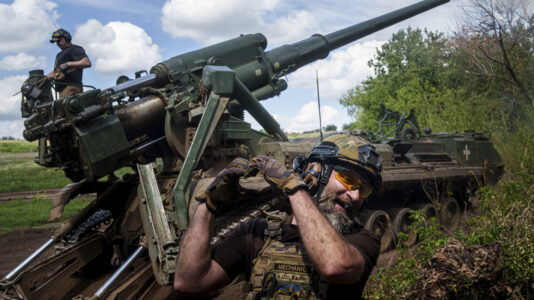After the second round of elections in France, there is every chance that no one will be able to form a stable government, Yann Caspar, guest researcher at Budapest’s Mathias Corvinus think tank, told news station InfoRadio.
Caspar said he did not think that Sunday was a good result from President Emmanuel Macron’s perspective, and even said that it was a “political earthquake.” The Franco-Hungarian lawyer added that the turnout in the first round of the early elections was almost 7.5 percent higher than two years ago.
According to the researcher, it was also a big surprise that the left-wing bloc overtook the centrist bloc led by Emmanuel Macron. He said that in the light of Sunday’s results, it is already certain that Emmanuel Macron will not win a majority in the National Assembly. Several analysts expect the head of the state’s party to start coalition talks with the second-best performing left-wing alliance, but Yann Caspar said the chances of this happening are slim and even if it did, it would probably not last long.
The analyst said he believes that there are huge differences within the left-wing bloc — for example, on the Israeli-Palestinian conflict, the Russian-Ukrainian war and nuclear energy — which make it difficult to form a coalition. With this in mind, the MCC researcher believes that the National Rally is now the closest to forming a government.
“What is coming in the next few months in France is at best a stalemate,” said Caspar. He warned that if key institutions and political centers cannot function properly, “the whole country could grind to a halt.”
He added that this would still be one of the best possible scenarios, as there are even worse scenarios that end in widespread violence. Demonstrations and large protests have become a regular occurrence in France, and the analyst said that the extreme fragmentation of French society painted a gloomy picture for the future.






